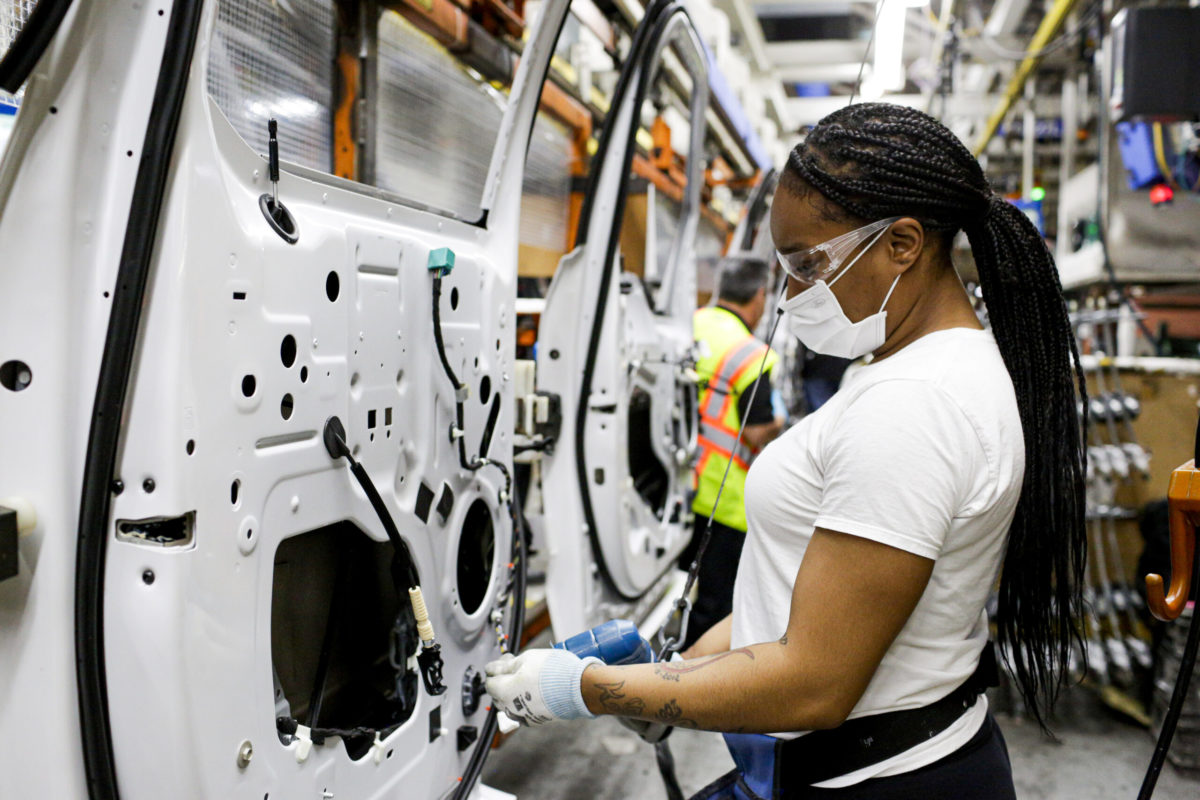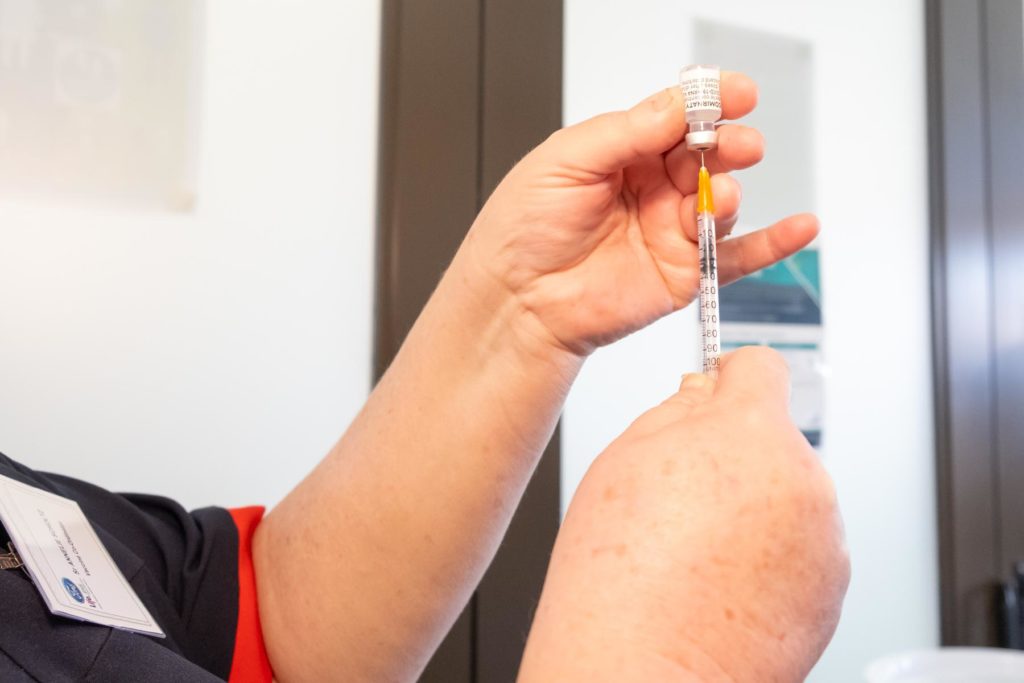Ramoabi Moeng promoted to Deputy Plant Manager : Continental Tyre South Africa
Continental Tyre South Africa (CTSA) has appointed a new senior management team for its tyre manufacturing plant in Gqeberha (formerly Port Elizabeth), Continental’s only tyre production facility on the African continent.
As the new Deputy Plant Manager, Ramoabi Moeng has gained vast experience in the manufacturing sector since 1997. He spent 11 years in vehicle production, including a one-year training stint in Germany, before joining a pharmaceutical company in 2008 where he headed up the Engineering, Production and Operational Projects portfolios over the ensuing seven years.
I am looking forward to learning more about the tyre manufacturing operations under the leadership of Ahmed and the rest of the CTSA Exco team.
– Ramoabi Moeng, Deputy Plant Manager : Continental Tyre South Africa
Moeng joined Continental Tyre SA in 2016 as Maintenance Manager, and was selected to lead the Manufacturing Engineering Technologies team in 2018, a position he held until his appointment as Deputy Plant Manager in August 2021.
“I am looking forward to learning more about the tyre manufacturing operations under the leadership of Ahmed and the rest of the CTSA Exco team, while ensuring that we produce quality tyres on time and at competitive costs for our local and international customers,” Moeng says.

“Part of my responsibilities includes the role of regional coordinator for Continental’s Sustainable Production of Quality Products initiative for Europe, Middle East and Africa (EMEA). This involves ensuring that our local plant is fully integrated into Continental’s global quality structures, and that we consistently produce tyres of the highest quality for our customers around the world,” he says.
Moeng has a National Diploma in Electrical Engineering, a Diploma in Business Management and a qualification in Advanced Maintenance Management – the latter from the Augsburg University of Applied Sciences in Germany. He completed a Management Development programme in 2006, and followed this up with a Master of Business Administration degree from Nelson Mandela University in 2012.




